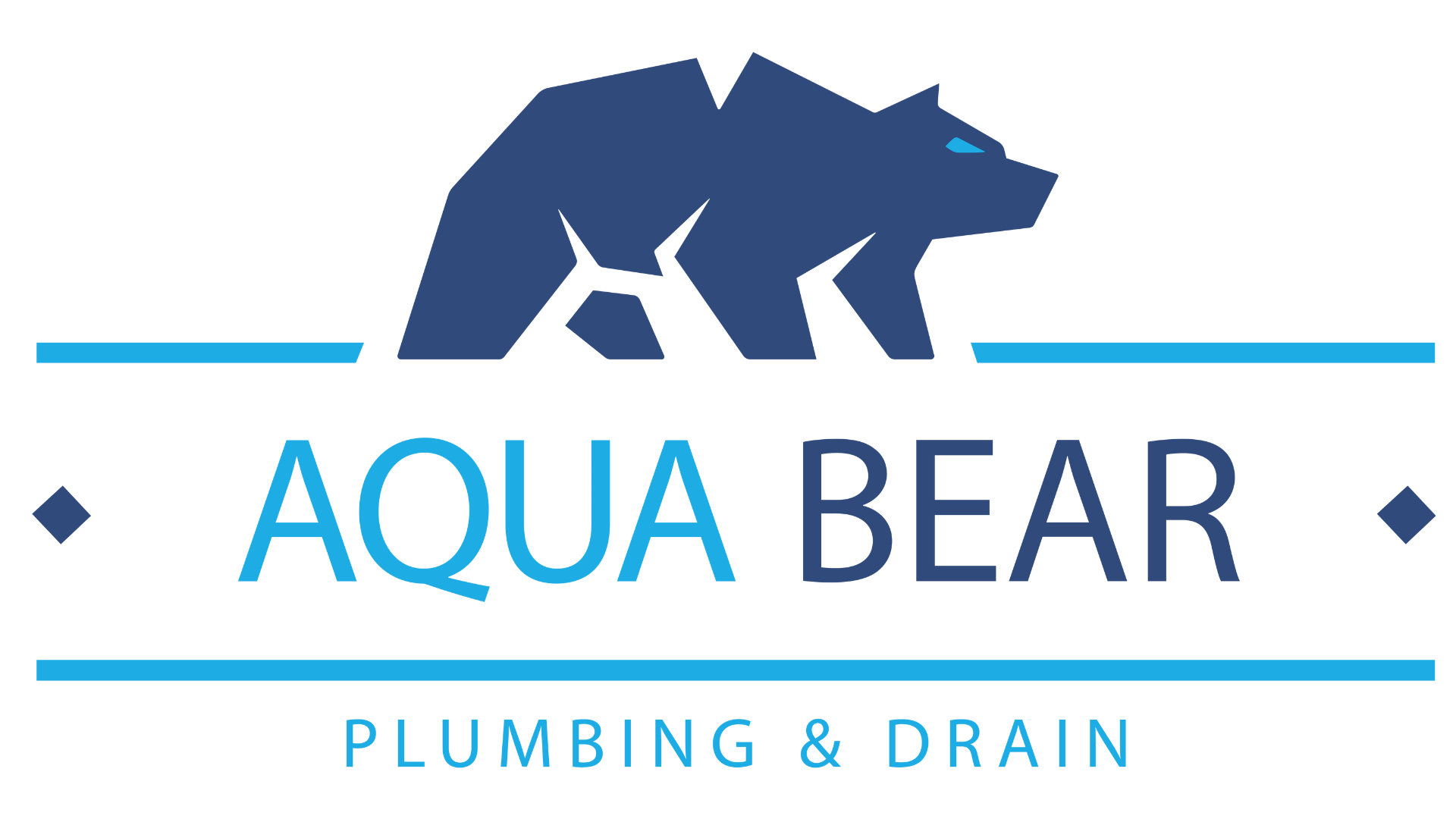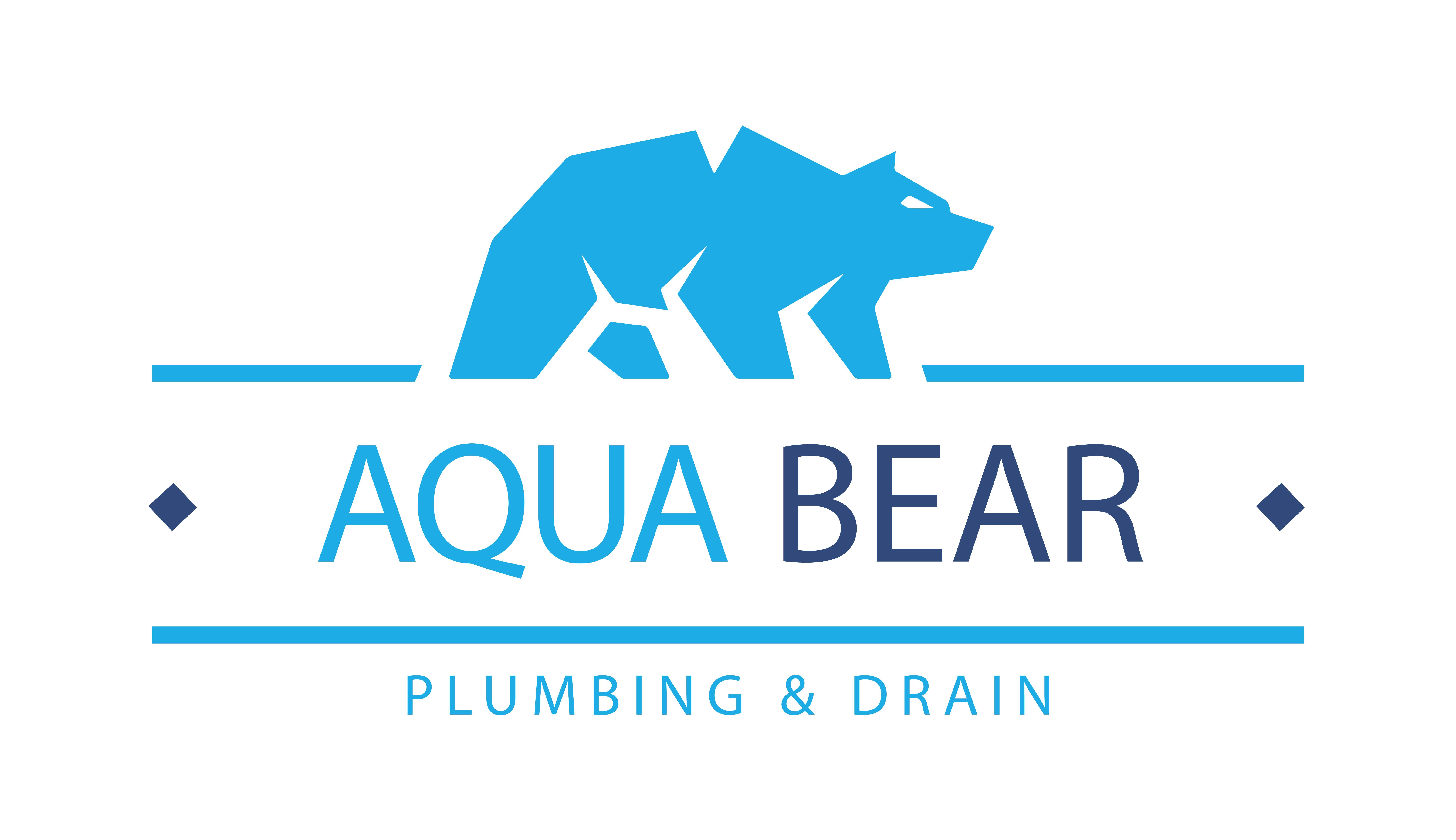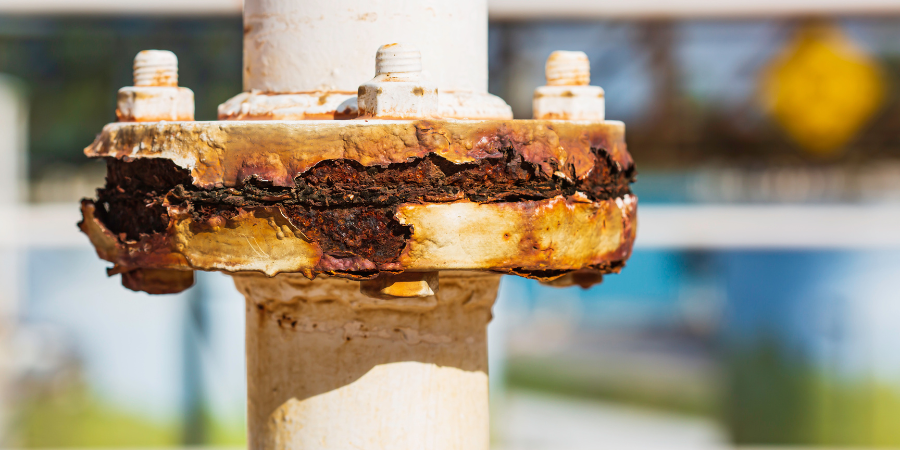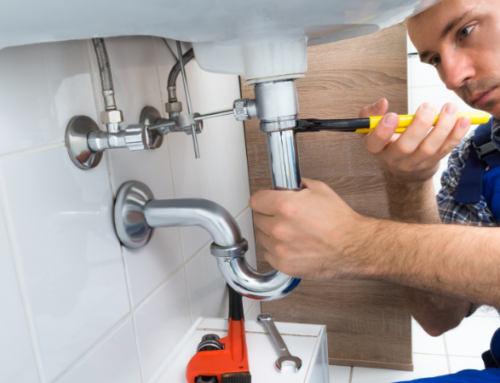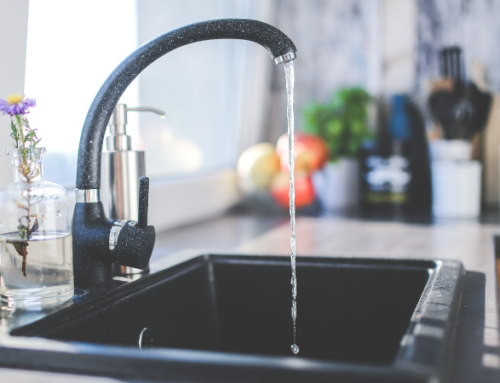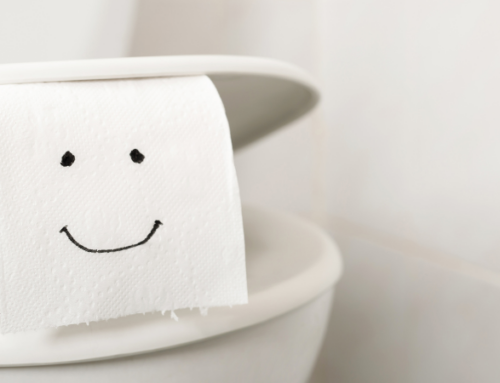A major enemy of plumbing pipes and fixtures is a condition known as corrosion. Corrosion is a byproduct of pipe materials interacting with environmental factors and can lead to issues such as low water pressure, clogs, leaking, and burst pipes.
In this article, we will learn about the environmental causes of corrosion and how homeowners unknowingly contribute to the demise of their plumbing systems. We will discuss the early warning signs of compromised plumbing pipes and the effects of corrosion on your home, your health, and your wallet. We will then learn about steps that can be taken to minimize corrosion to help extend the life of your plumbing system and improve the quality of your water.
What Is Corrosion?
Corrosion is the byproduct of a chemical reaction that takes place between environmental factors and plumbing pipes. It is more prevalent in metal pipes where the metal comes into contact with certain minerals and oxidizes, changing its structural composition and causing it to break down. Corrosion takes time to develop, but once it begins, it can severely compromise the integrity of the pipe material.
Causes Of Pipe Corrosion
Corrosion is a silent killer of plumbing systems and results from several factors. Primarily corrosion results from plumbing pipes coming in contact with specific types of water and deteriorating, but other factors can also contribute to the degrading of plumbing pipes. Read on to learn more.
Hard Water
More than 85% of the US population has hard water running through their homes. Hard water is rich in minerals such as calcium and magnesium and, while safe to drink, can cause serious issues with plumbing systems. As water passes through pipes, these minerals cling to pipe interiors and accumulate, leading to scale production. Scale can be seen as crusty white deposits on faucets and showerheads, destroying pipe materials and components in plumbing fixtures and appliances.
Acidic Water
Water that has a pH level lower than seven is considered acidic and acidic water can destroy plumbing pipes. Acidic water is especially hard on copper plumbing pipes where it creates tiny pinhole leaks that are hard to find but that cause considerable water damage. It is essential to test your water to see if your pipes are at risk.
Oxidation
Acidic water is often water that has high levels of dissolved oxygen, which will accelerate corrosion and lead to the production of rust particles. Not only is this aesthetically unappealing, but rusting pipes have rough interiors, which promote clog formation. Heavily corroded pipes restrict water flow and are much more likely to develop blockages.
High Water Pressure
If the water traveling through your pipes has high pressure, it can create what is known as erosion-corrosion. The high-velocity water places excess wear and tear on the pipe interior, causing it to break down. This is especially true in pipes that carry hot water since higher temperature water increases the rate of electrochemical reactions.
Drain Cleaners
Another type of corrosion comes from the excessive use of harsh chemical cleaners used to unclog pipes. While they are excellent at dissolving clogging materials such as hair and grease, they are also known to destroy a pipe from the inside out. Never resort to chemical drain cleaners to clear your pipes.
Signs Of Corroded Pipes
Because pipe interiors are not visible, it can be hard to know if your pipes are affected by corrosion. Here we put a list of signs that may indicate your plumbing is being compromised.
Poor Water Quality
Pipes filled with corrosion will deliver water that is not of the highest quality. The water may appear cloudy or contain rust particles. It could also have a funny smell or taste metallic. Most importantly, corroded pipes can leach harmful metals like lead or copper into the water, causing acute and chronic health threats to those who ingest it.
Clogs And Leaks
As calcifications form inside plumbing pipes, the diameter of the pipe narrows. This increases the probability that food bits and other waste materials will accumulate and block the water flow. The narrower the pipe, the faster the accumulation until the pipe can become blocked entirely, leading to extreme pressure and a leaking or burst pipe.
Low Water Pressure
Corrosive material restricts the proper flow of water, leading to low water pressure. This is especially prevalent in older homes with aging plumbing. While low pressure is not dangerous, it is an annoyance and a time waster and can be remedied by repiping the corroded pipes.
Preventing Pipe Corrosion
Prevention is the key to reducing pipe corrosion. Here we discuss steps a homeowner can take to lessen the effects of corrosion or to combat already compromised plumbing pipes.
Address Water Issues
Installing a water filtration system or a water softener to remove hard water minerals will help with highly acidic or hard water issues. These systems are well worth the upfront costs as they will reduce the need for future service calls and plumbing repairs.
Adding water improvement systems will increase the quality of your water while extending the life of plumbing pipes, fixtures, and water-using appliances.
Keep An Eye On Your Water Pressure
High-velocity water can exacerbate corrosion, so monitoring your water pressure makes sense. Install a pressure-reducing valve if necessary to keep your pressure within an acceptable range. High water pressure not only encourages corrosion but it weakens pipe joints and thins pipe walls leading to leaking.
Repiping
Repiping may be required to address severely corroded pipes as a last step. Even in homes where plumbing maintenance has been prioritized, removing outdated plumbing and replacing it with more modern plastic pipe material that is corrosion-resistant is a wise decision.
Looking To Address Corrosion In Your Plumbing System?
Corrosion can create serious problems in your home, from pipe leaks to complete plumbing system failures. With advanced planning and ongoing plumbing maintenance, you can reduce the effects of corrosion on plumbing pipes and appliances.
Call us because we are experts at dealing with the causes and the effects of plumbing corrosion. We can help you restore your plumbing system and make your home a comfortable and safe oasis without the worry a compromised plumbing system can create. We are the plumber on which you can rely for outstanding service and intelligent problem-solving. We are here for you!
